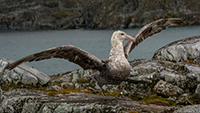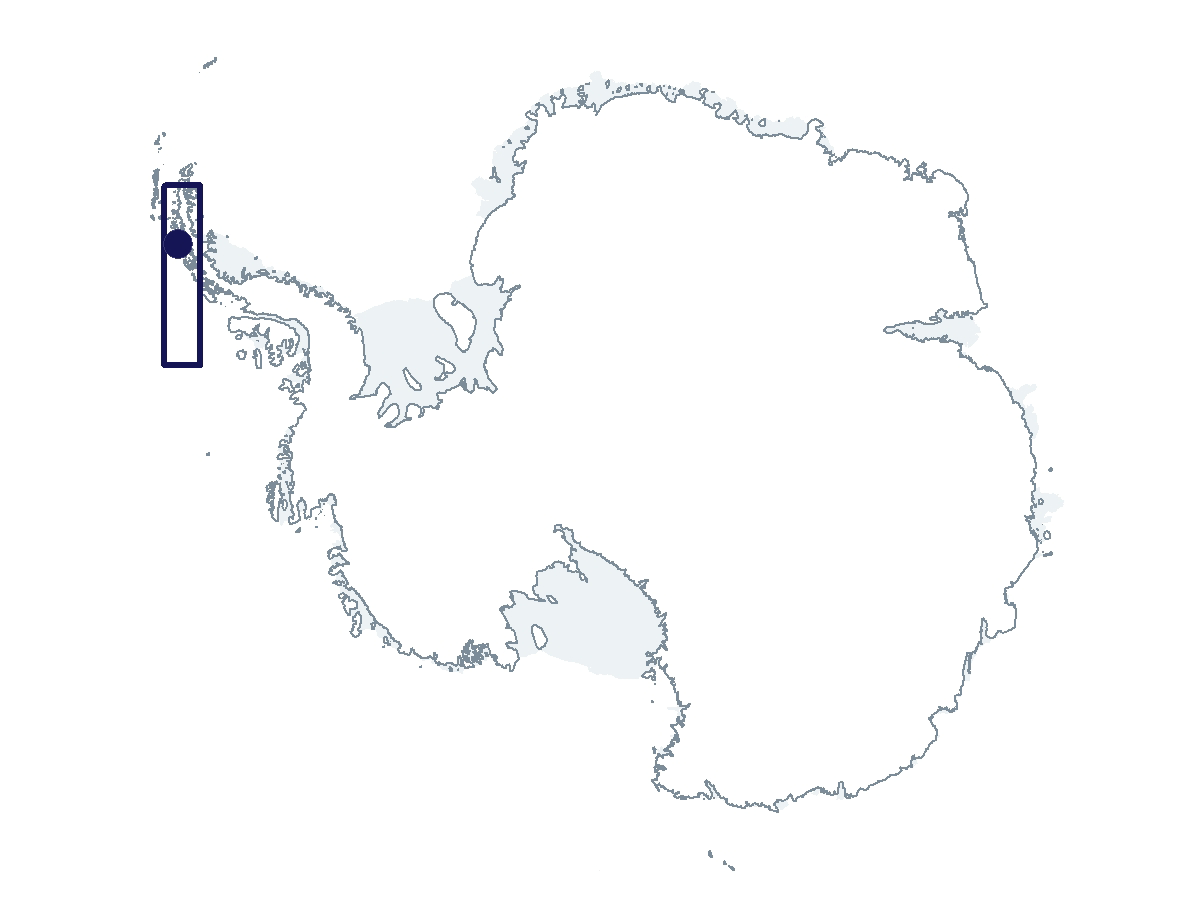2023-2024 USAP Field Season
Project Detail Project TitlePAL-LTER: Ecological Response to "Press-Pulse" Disturbances Along a Rapidly Changing West Antarctic Peninsula Summary
Event Number:
Program Director:
ASC POC/Implementer: Principal Investigator(s)
Dr. Megan A Cimino
Location
Supporting Stations: ARSV Laurence M. Gould, Palmer Station DescriptionSeasonal sea ice-influenced marine ecosystems at both poles are characterized by high productivity concentrated in space and time by local, regional, and remote physical forcing. These polar ecosystems are among the most rapidly changing on Earth. The Palmer Long Time Ecological Research (PAL-LTER) seeks to build on three decades of long-term research along the western side of the Antarctic Peninsula (WAP) to gain new mechanistic and predictive understanding of ecosystem changes in response to disturbances spanning long-term, subdecadal, and higher-frequency “pulses” driven by a range of processes, including long-term climate warming, natural climate variability, and storms. These disturbances alter food-web composition and ecological interactions across temporal and spatial scales that are not well understood. We will contribute fundamental understanding of how population dynamics and biogeochemical processes are responding within a polar marine ecosystem undergoing profound change. Field Season OverviewLaurence M. Gould Two participants of the C-013 project will embark on the ARSV Laurence M. Gould for the LMG24-01 cruise. While underway, the participants will record observations from the bridge and may conduct echo-sounder measurements. Participants may also conduct population censuses at Charcot Island or at other accessible islands as possible. The vessel will drop two researchers at Avian Island where they will establish a field camp and conduct research for five days. Palmer Station The Palmer Station component of the project will deploy from roughly late October until mid-April. Two team members (shared with the Friedlaender group) will use small boats to access local islands in the Palmer vicinity and will make frequent day trips to seabird colonies including Dream Island, Biscoe Point, the Joubin Islands, the Wauwermans Islands, and the Rosenthal Islands. The team will utilize camp platforms on Biscoe Point for overnight camping during egg incubation (November-December) and/or the peak of the breeding season (January-February) for penguin tag recovery. Overnight camping has been approved as a contingency plan at the Joubins and Dream Islands. C-013 personnel will be responsible for staging and recovery of camp equipment in all seabird research areas.
Deploying Team Members
|
2023-2024 Science Planning Summary



For USAP Participants |
For The Public |
For Researchers and EducatorsContact UsNational Science FoundationOffice of Polar Programs Geosciences Directorate 2415 Eisenhower Avenue, Suite W7100 Alexandria, VA 22314 Sign up for the NSF Office of Polar Programs newsletter and events. Feedback Form |



